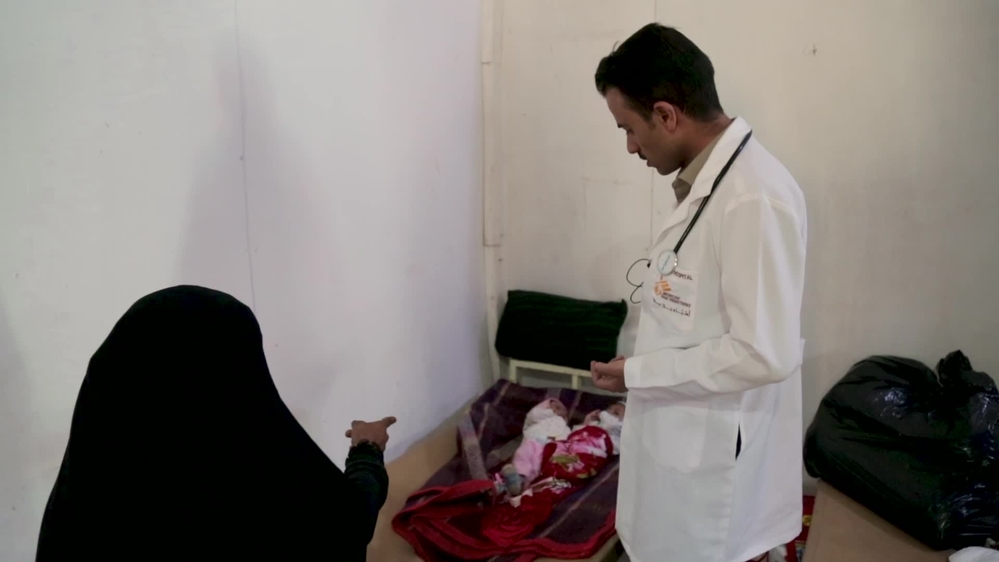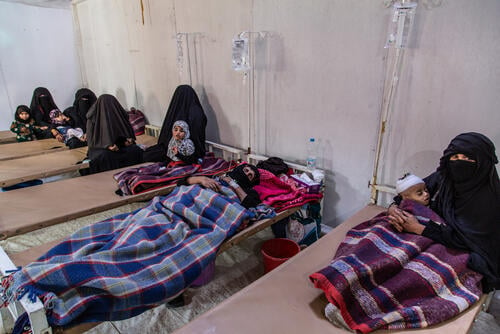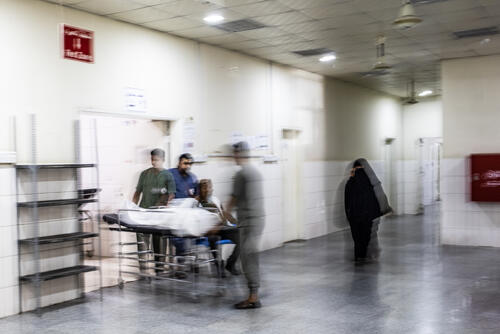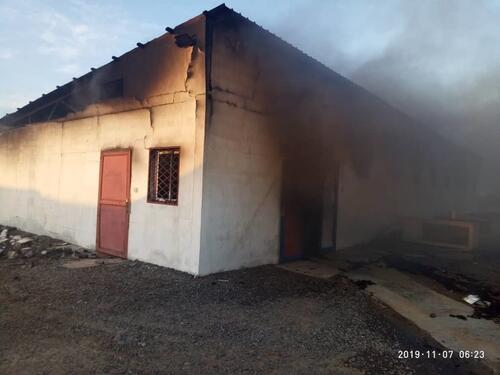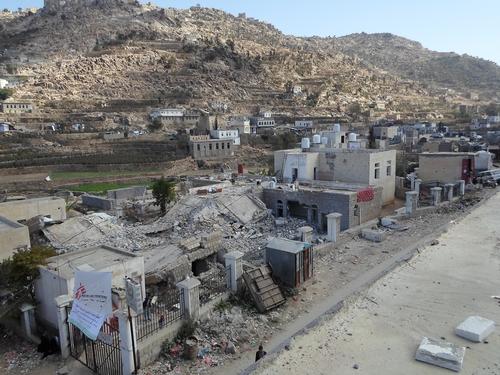Cholera is endemic in Yemen, but a collapsed health system – the result of more than four years of war – has meant the country has seen waves of cholera outbreaks since 2016.
Since the last cholera outbreak was brought under control towards the end of 2017, Médecins Sans Frontières (MSF) teams and other medical organisations and health authorities in the country have continued to see cases of the disease.
Between January and March 2019, suspected cholera cases sharply increased in Yemen, even before the start of the rainy season, raising fears of a large-scale outbreak. Between January and March, the number of cholera patients treated by MSF increased from 140 to 2,000 per week. Following this exponential increase, we scaled up our response in March: teams opened a 50-bed cholera treatment centre in Khamer; increased the bed capacity of the cholera treatment unit in Taiz; bolstered centres in Ibb and Kilo; and opened a cholera treatment centre in Al Kuwait hospital in Sana’a.
From 1 January to 1 May 2019 in Amran, Hajjah, Sanaa, Ibb and Taiz governorates, Yemen:
10,000
10,
59 %
59%
Although the number of cases per month in our centres has now decreased, this video report highlights the ordinary Yemenis affected by cholera in a country ravaged by war – and the results of what happens when people cannot access the healthcare they so desperately need.
